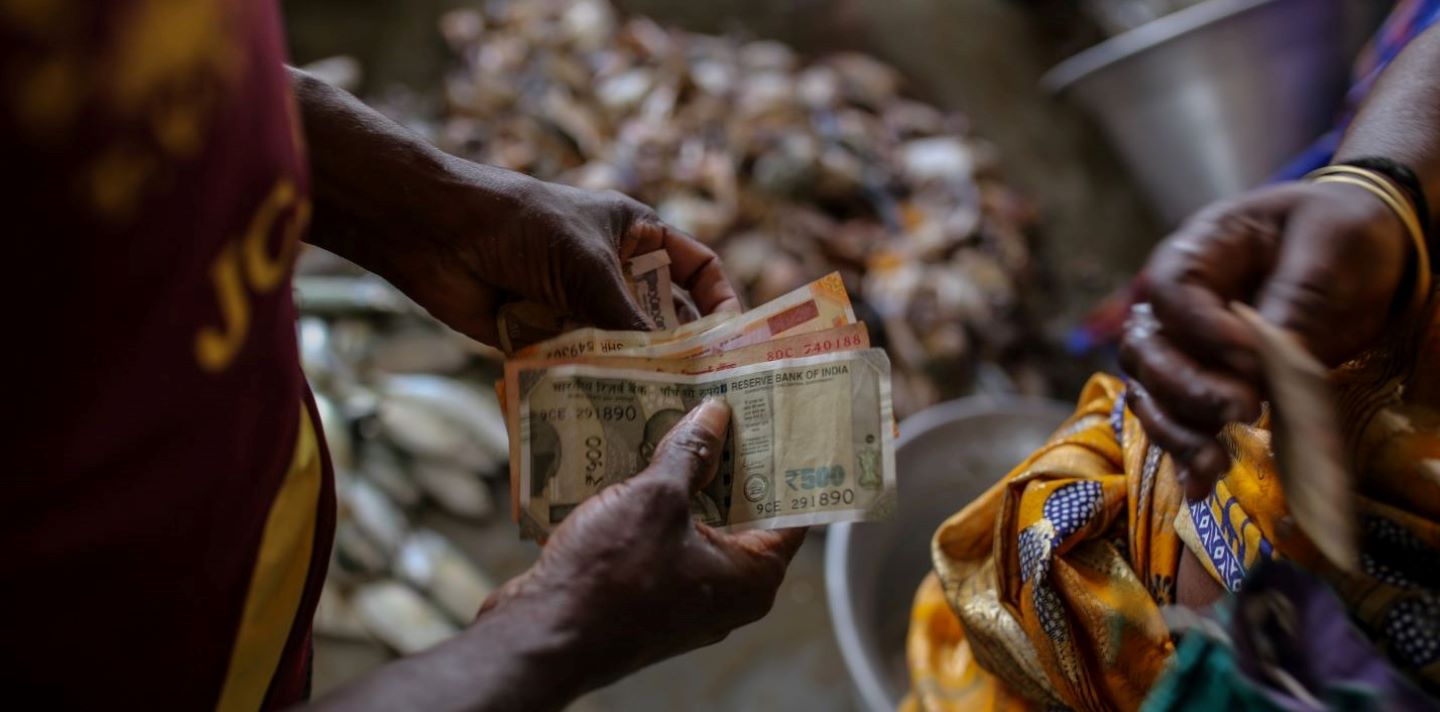Remittances and migration
Remittances and migration
The challenge
For over a century, people have been moving from rural to urban areas, and across national borders in search of better opportunities. Of the 250 million international migrants, approximately 200 million leave home to work and send remittances home to their families.
Helping these families make the most of their own resources is vital to reach the Sustainable Development Goals (SDGs) by 2030. The international community may now recognize migrant workers and their families as agents of change and key partners in this effort.
The potential is clear: between 2022 and 2030, an estimated US$5.4 trillion will be sent by migrant workers back to their communities of origin in developing countries. IFAD is advocating to leverage the impact of these flows towards rural transformation and sustainable development.
The solution
Officially recorded remittance flows to low- and middle-income countries (LMICs) were US$ 647 billion in 2022 and are estimated to grow by 1.4 per cent to US$656 billion in 2023. It is estimated that 75 per cent of remittance flows go towards immediate needs, but the other 25 per cent – over US$100 billion per year – is available for other purposes.
The amount that matters most is measured in the individual US$200 or US$300 sent home regularly. This amount represents 60 per cent of total household income and, if leveraged, it can most effectively improve the living standards of migrants and their communities back home.
With these apparently small funds, most remittance families commit to reaching ''their own SDGs'' – reduced poverty, better health and nutrition, education, improved housing and sanitation, entrepreneurship, financial inclusion and reduced inequality, and the ability to deal with the uncertainty in their lives by increasing their savings and building assets to ensure a more stable future.
The SDGs provide a unique opportunity to create a convergence between the goals of remittance families, government development objectives, private sector strategies to tap underserved markets, and the traditional role of civil society to promote positive change. In particular:
- Financial inclusion and literacy for remittance recipient families can increase opportunities for formal savings and investment. In turn, these mechanisms can build the human capital of remittance families and improve their living standards through better education, health and housing.
- Migrant investments beyond remittances can change the development landscape of local communities, if given appropriate options.
- Remittance markets improved through an adapted legal and regulatory framework, greater transparency and competition can lower cost and provide more resources to remittance families.
Since 2006, IFAD, through its multi-donor Financing Facility for Remittances (FFR), has worked to increase the impact of remittances for development by enhancing competition, reaching rural areas, empowering migrants and their families through financial education and inclusion, and encouraging migrants’ investment and entrepreneurship.
Spotlight
Spotlight
13 reasons why remittances are important
Remittances continue to matter more than ever, particularly in rural areas where they count the most and provide further opportunities towards rural transformation. Here are 13 reasons why.
Related news
Related news
Migrant Contributions for Development Call for Proposals 2024 for Tajikistan
Leveraging remittances to foster financial and digital inclusion, and support the sustainable reintegration of migrant returnees for local economic development in rural areas.
Migrant Contributions for Development Call for Proposals 2024 for the Kyrgyz Republic
IFAD’s multi-donor Financing Facility for Remittances (FFR) is pleased to launch the Migrant Contributions for Development Call for Proposals 2024 for the Kyrgyz Republic.
IFAD, Stanbic Bank enter partnership to cut money transfer costs to Uganda in half
IFAD and Stanbic Bank Uganda (SBU) today announced a partnership that will cut the cost incurred by Ugandan migrant workers sending money home in half by using Flexipay, a digital payments’ platform.
Related events
Related events
The GFRID Summit 2023
IFAD and the UN Office of the Special Adviser for Africa are hosting the Global Forum on Remittances, Investment and Development (GFRID) Summit 2023.
GCM Talks: Remittances, Diaspora and the Sustainable Development Goals
This webinar will launch the International Day of Family Remittances (IDFR) campaign and will set the stage for the upcoming Global Forum on Remittances, Investment and Development (GFRID) Summit 2023.
Remittances and their role in building resilience to improve food security in Africa
Remittances contribute hugely to the economic health and social development of developing countries – IFAD and IOM know this well. For this reason, the two agencies are teaming up at COP27 in Sharm El-Sheikh to highlight the importance of these payments.
Related publications
Related publications
GFRID Summit 2023: Outcomes Report
This report outlines key findings and actionable outcomes for both remittances and diaspora-impact investments.
RemitSCOPE Africa Report 2023
This report uses the latest data to give an overview of remittances into and throughout Africa, looking at the drivers, trends, impact and potential.
RemitSCOPE: Ghana Country Diagnostic
This Ghana country diagnostic was prepared in accordance with the PRIME Africa goals.
Related videos
Related videos
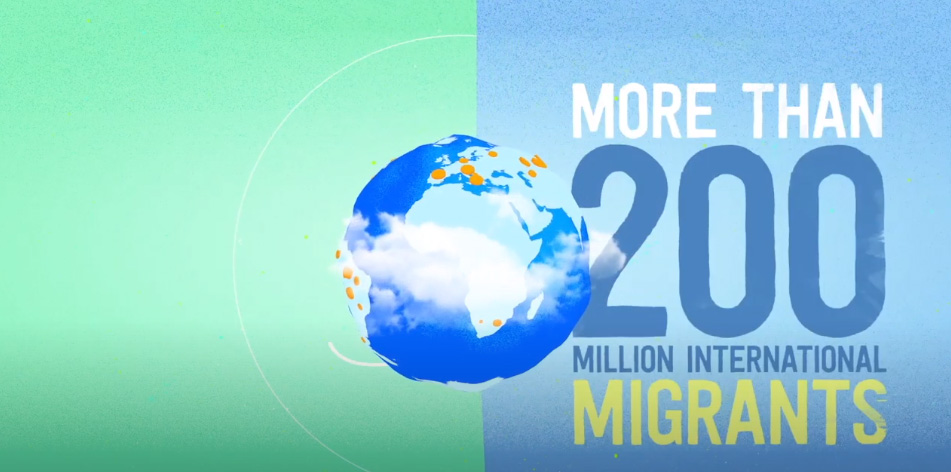
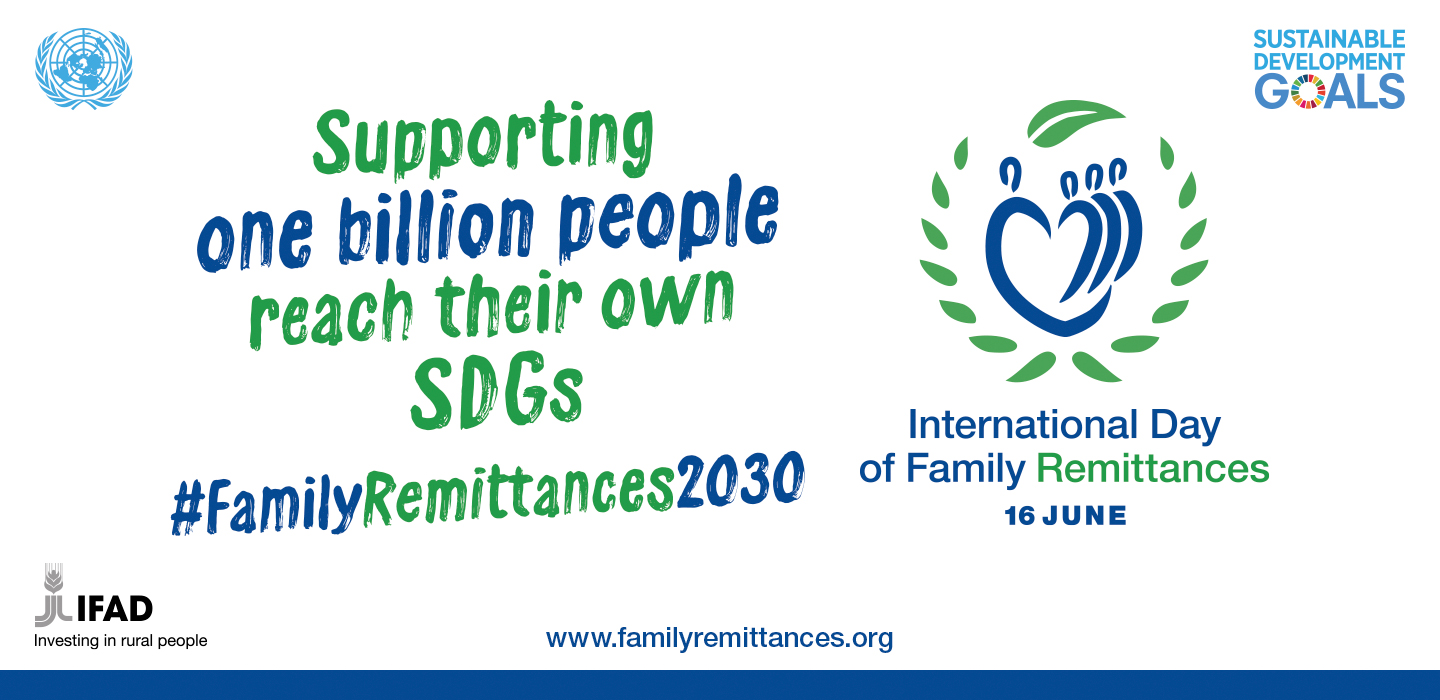
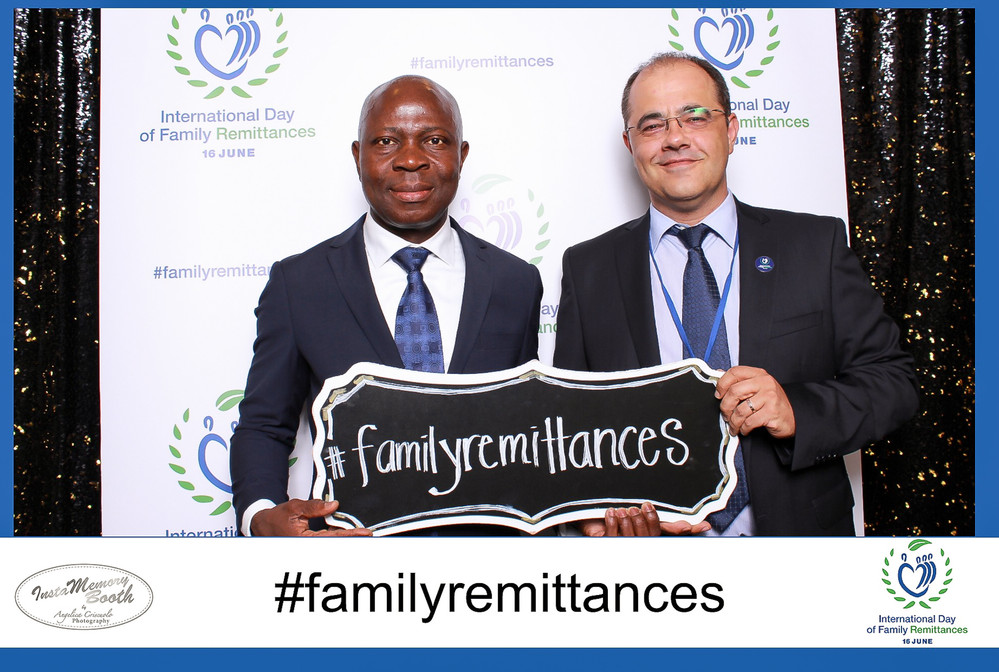
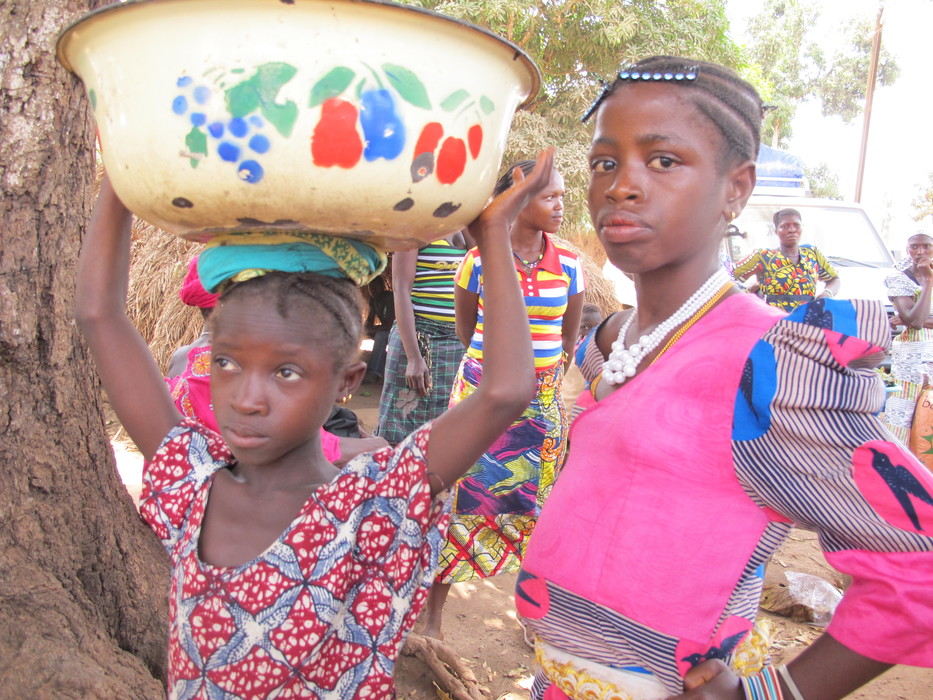
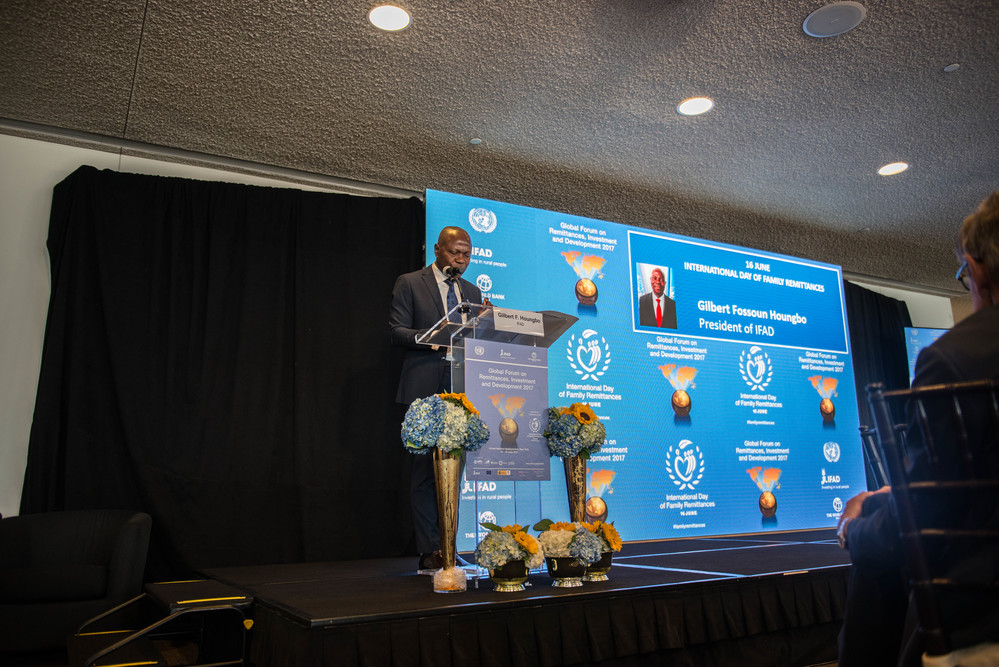
Experts
Asset Publisher





Frédéric Ponsot
Senior Technical Specialist on Remittances, Diaspora and Inclusive Finance

Leonard Makuvaza
Remittances and Inclusive Digital Finance Officer (South Africa, The Gambia)
